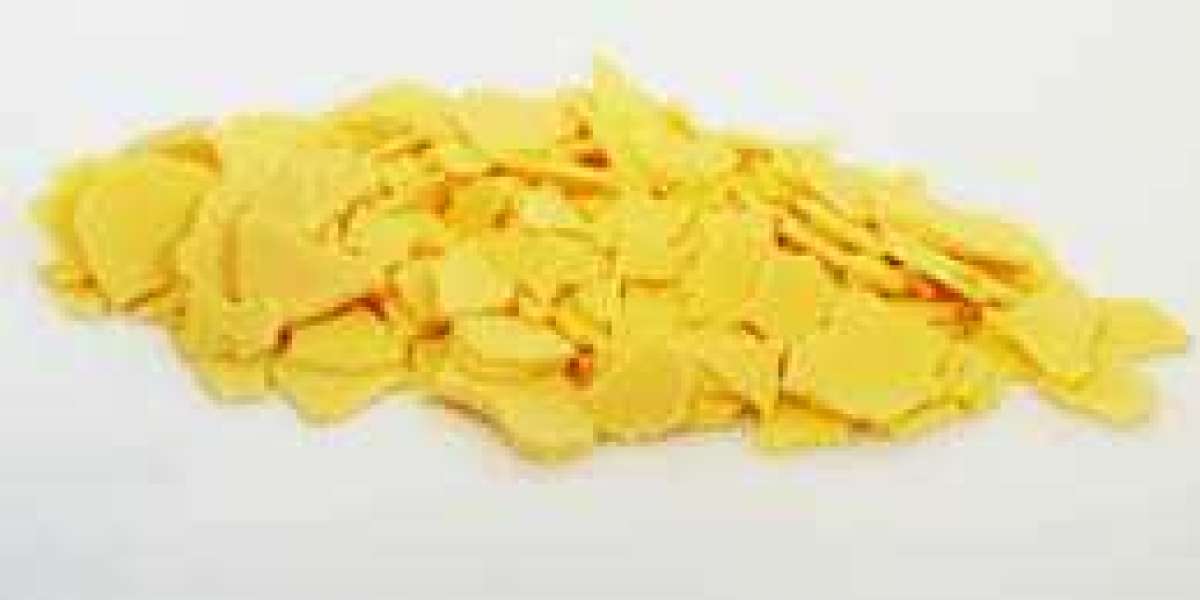When you bite into a lemon and feel that sharp, tangy kick—what you’re tasting is Citric Acid. It’s the natural compound responsible for the tart flavor of many fruits, especially citrus, and it’s much more than just a taste enhancer. From food preservation and cleaning products to medical applications and metabolic health, Citric Acid is one of the most useful and versatile organic acids in existence.
Despite being a common ingredient in kitchens and supermarkets, few people truly understand how important Citric Acid is—not just as a food additive, but as a natural substance deeply integrated into human biology and modern industry.
What is Citric Acid?
Citric Acid is a weak organic acid with the chemical formula C₆H₈O₇. It occurs naturally in citrus fruits like lemons, limes, oranges, and grapefruits. First isolated from lemon juice in 1784 by the Swedish chemist Carl Wilhelm Scheele, Citric Acid is now produced industrially by fermenting sugars using specific strains of fungi (typically Aspergillus niger).
In its pure form, it appears as a white crystalline powder with a sour taste. It is water-soluble, non-toxic, and biodegradable, which makes it an incredibly safe and sustainable compound.
Natural Occurrence and Biological Role
Citric Acid isn’t just found in fruits—it’s also produced in your own body. In fact, it plays a crucial role in the Krebs cycle (also known as the citric acid cycle), a central process in cellular respiration. This cycle helps cells generate energy from carbohydrates, fats, and proteins, making Citric Acid an essential component of metabolism.
Without Citric Acid, your body wouldn't be able to efficiently convert food into usable energy (ATP), making it far more than just a food ingredient.
Food and Beverage Industry
One of the most common uses of Citric Acid is as a food additive. It serves multiple purposes:
Flavor enhancer: Adds tartness to soft drinks, candies, jams, and sauces.
Preservative: Inhibits the growth of mold, bacteria, and spoilage by lowering the pH of foods.
Stabilizer: Helps maintain the color and texture of canned fruits and vegetables.
On ingredient labels, Citric Acid may appear as E330, and it is widely considered safe by food regulatory agencies around the world. Its clean, sour flavor makes it an essential part of many processed and packaged foods.
Household and Industrial Cleaning
Thanks to its acidic and chelating properties, Citric Acid is also a staple in many household and industrial cleaners. It binds to minerals like calcium and magnesium, making it effective at removing:
Limescale in kettles and coffee machines
Rust stains from sinks and bathtubs
Hard water deposits from glassware and tiles
Citric Acid is often found in eco-friendly cleaning products because it is non-toxic, biodegradable, and does not release harmful fumes like stronger acids such as hydrochloric or sulfuric acid.
Cosmetics and Personal Care
In cosmetics, Citric Acid is used to adjust pH levels and act as a preservative. It can be found in:
Shampoos
Face cleansers
Bath bombs
Skin exfoliants
It gently sloughs off dead skin cells and helps maintain the pH balance of formulations, making it a favorite among formulators of natural and organic products.
Medical and Pharmaceutical Uses
In the healthcare world, Citric Acid plays several important roles. It is often used in combination with sodium citrate to prevent blood clotting in blood transfusion bags. In oral medications, it can serve as a flavoring agent or stabilizer, and it’s included in some antacids to help manage heartburn and indigestion.
It is also used in effervescent tablets, helping them dissolve quickly in water while providing a refreshing taste.
Agriculture and Gardening
Citric Acid is sometimes used in agriculture to adjust the pH of soil and clean irrigation systems. It can also act as a mild disinfectant in organic farming practices. Its ability to chelate metals makes it useful in hydroponic systems, where nutrient availability must be carefully managed.
Potential Health Benefits
While Citric Acid is generally safe, some people claim it may offer health benefits when used appropriately:
Kidney stone prevention: Citrate, a derivative of Citric Acid, can help prevent the formation of calcium oxalate kidney stones.
Antioxidant properties: It may help neutralize free radicals, though its effects are mild compared to vitamins C or E.
Alkalizing effect: Despite being acidic, some argue that Citric Acid has an alkalizing effect on the body once metabolized, although this remains controversial and is not strongly supported by scientific consensus.
Safety and Side Effects
For most people, Citric Acid is completely safe. However, in large amounts or concentrated forms, it can:
Irritate the skin or eyes
Aggravate canker sores in sensitive individuals
Damage tooth enamel if consumed excessively in acidic beverages
In industrial settings, where Citric Acid is handled in bulk or high concentrations, proper protective equipment should be used.
Final Thoughts
Citric Acid is one of those rare compounds that is equally at home in your pantry, your body, and your cleaning cabinet. Its sour tang enhances your favorite foods, its chemical versatility helps clean your home, and its presence in cellular respiration fuels your life.
From the natural zest of a lemon to the sparkling fizz in your drink, Citric Acid is a hidden hero—simple, safe, and powerful. As we continue to seek out sustainable and non-toxic solutions for everyday problems, Citric Acid will no doubt remain a staple of modern life.


